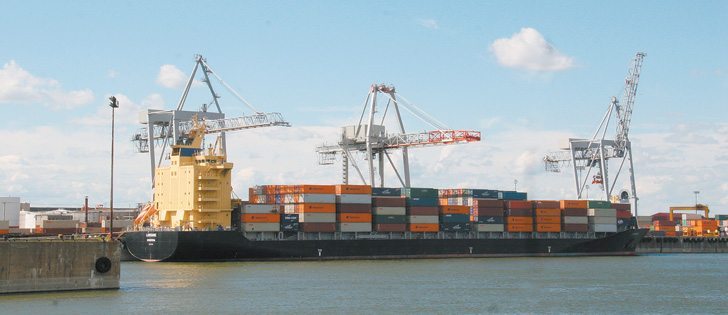Many, if not most, producers defer income into January as part of their regular tax planning.
However, in a year like this, where many producers were flooded out, they can end up declaring nearly two years of income in one year without having the corresponding crop input expenses to offset the income.
This is how it works. A producer who normally defers will end up with 2010 crop income cheques on his 2011 tax return. He could also end up with income from crop insurance, along with government support and disaster programs income. The expenses for the 2010 income were declared on the 2010 tax return and there may be few inputs in 2011 to expense against the crop insurance and other government assistance.
Read Also

Budget seen as fairly solid, but worrying cracks appear
The reaction from the agriculture industry to prime minister Mark Carney’s first budget handed down November 4th has been largely positive.
It’s a perfect storm unless the farmer takes early year-end action to offset the problem.
I recommend that farmers seek professional tax advice as soon as possible, and certainly before yearend, on how best to reduce their tax obligation due to this situation.
Canada Revenue Agency-approved tax strategies are available to reduce your tax liability, but the basic ones for personal year-end tax planning are:
• Defer income and capital gains until next year.
• Bring anticipated tax-deductible expenses and capital losses into this tax year.
Producers who uses the cash method for reporting income also have other options to reduce their net farm income before year-end:
• Prepay for farm inputs such as feed, fertilizer, chemicals and seed. You can do this if you buy the goods under a verbal or written agreement. As well, the quantity and nature of the goods must meet normal requirements, the supplier must be capable of delivering the goods, and the goods must be delivered and used in the normal course of the farm operation.
• Increase cash expenses, which can be done by buying inventory as long as it doesn’t create a loss. You need to be careful with this strategy because you could end up creating a large tax liability for yourself when it comes time to sell the farm, phase out the operation or exit the business.
Other tax deferral options are also available, which is why producers should seek professional tax advice as soon as possible before time runs out.
Larry Roche is a tax analyst with Farm Business Consultants Inc. Contact: fbc@fbc.ca
or 800-860-7011.














